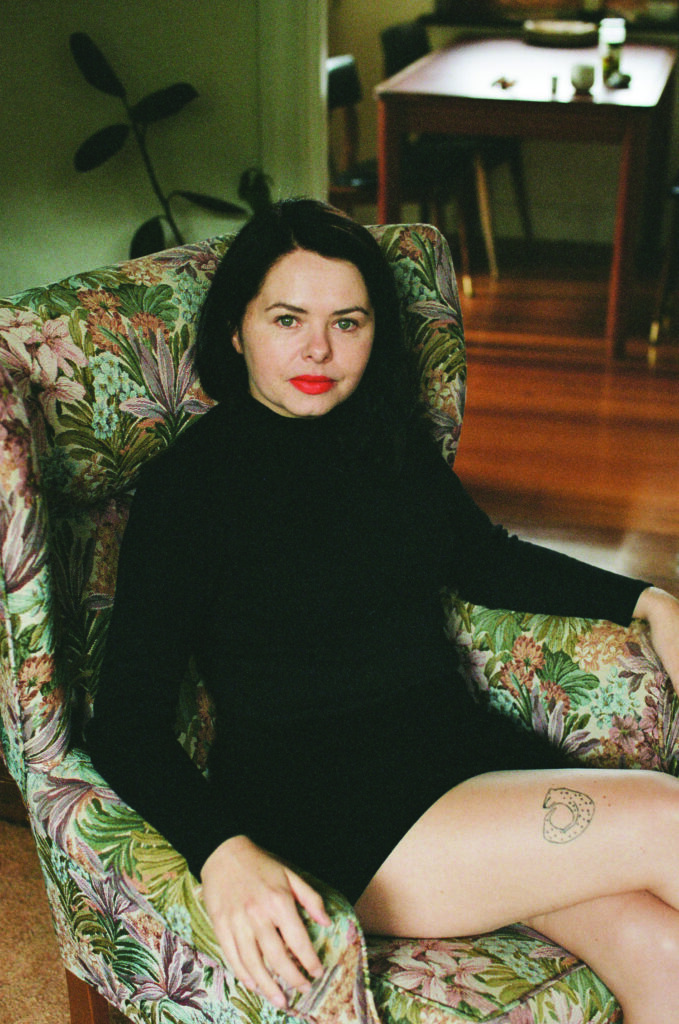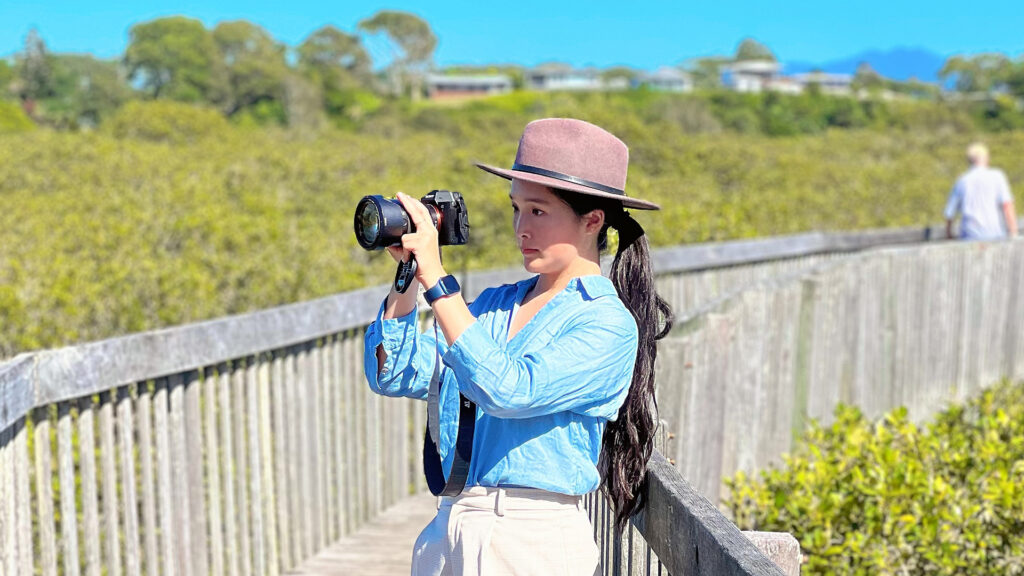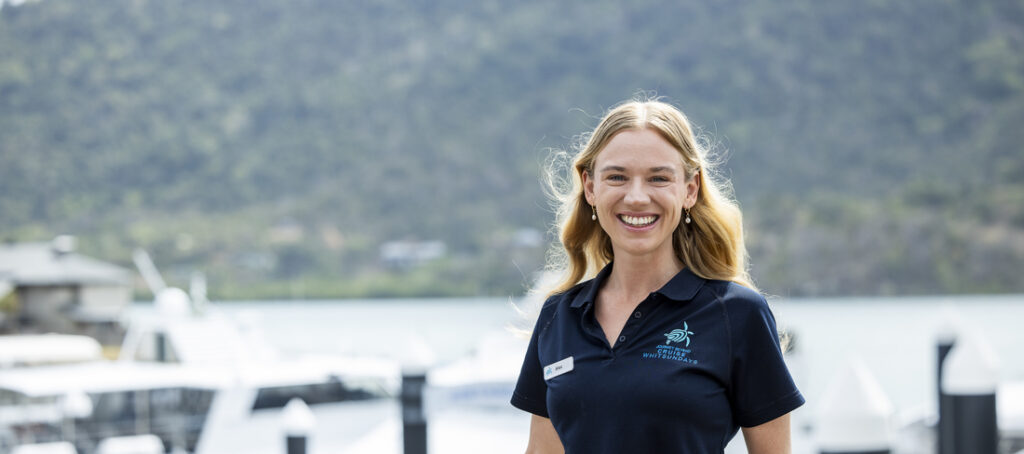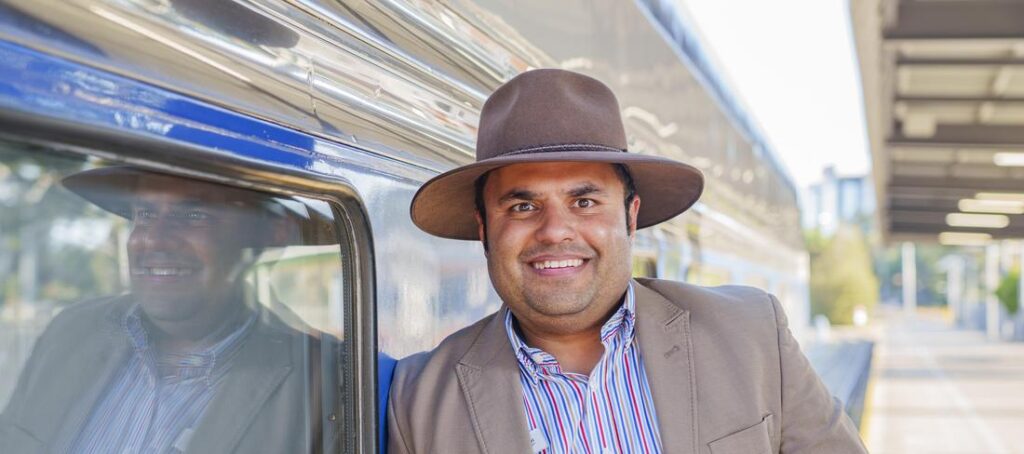Melbourne-based author Victoria Hannan’s debut novel Kokomo, which won the 2019 Victorian Premier’s Literary Award for an unpublished manuscript, is a bittersweet homecoming story, with all the complicated emotions, memories and relationships that can be tied to a point on the map. We spoke to Victoria about how her writing is shaped by her place in the world.
WORDS: Walter Marsh
PICTURES: Elize Strydom
Your debut novel Kokomo tells the story of Mina, who rushes home to Melbourne from London after learning her mother has left the house for the first time in 12 years. Why was the novel’s location so important in telling this story?
I originally set Kokomo in the town of Kokomo, Indiana. I wrote a whole first draft set in this city I’d never been to, in a state I’d just driven through — and didn’t have a great time in. I realised that there was so much heart missing because I had no emotional connection to that place. I lived in the United Kingdom for a long time and ended up moving back to Australia, and those feelings of coming back to a place that’s home, but doesn’t really feel like home, were so strong in my mind when I was writing it that I couldn’t not imbue the story with those feelings.
How did that time spent overseas shape the novel’s competing feelings of homesickness, and the impulse to get away?
I’ve spent a lot of time wondering where my home is, and where I belong. I grew up in Adelaide, then moved to Brisbane for a while, then Manchester, then London, and now live in Melbourne. In each one of those places I made friends, I lived and I worked, and they felt like a sort of home, but [they were] never really my actual home. When you spend a lot of time in other places, I think you’re always questioning what home is — what it looks like and feels like.
How does distance influence how we feel about the places that are important to us?
When I’m going somewhere new, I always feel like my eyes are a bit more open — you’re looking at things in a new light, and that can often change the way I feel when I get home. I’m noticing more, and feeling more of my surroundings and taking it all in in a different way. I think being somewhere new and far from home just heightens the senses.
Despite Kokomo being grounded in suburban Australia, much of its writing happened on retreats in Iceland, Brazil and Tasmania. What does uprooting yourself to a completely new setting unlock for you?
When I did my first residency in Brazil, I travelled to South America on my own. I flew to Argentina first, then spent some time in Rio before getting a plane, bus and then a ferry to the residency. By the time I got to Ilhabela, I felt very alive and that my eyes were very open to the world. I think that sense of freedom and adventure is really helpful when you’re starting on a new book draft or a new project. It gives you confidence.

Whatever the location, writing is an essentially solitary act largely spent alone in a room, at a desk. I wonder, since friendship and family are so central to Kokomo, whether you prefer travelling solo or with company?
I love being in airports on my own and I love flying long-haul on my own. I love that ‘me’ time – there’s no internet, I can read a book or watch a bad movie and there’s no one judging me. But there is that lovely experience of walking around a place with someone and discovering things with them, and being able to share that with people I love too.
I’m very lucky in my life to have friends living all around the world, so I do have the opportunity to go visit and stay with them. They’ll go to work during the day and I’ll amuse myself exploring, reading in parks, and then get someone to have dinner with in the evenings. That’s probably my preferred travel experience.
You’re also a photographer – how has viewing the world through a visual lens shaped how you create worlds through your writing?
A friend asked me right after I finished the first draft of Kokomo if my writing felt the same way as my photography, and I didn’t really know how to answer that. Since she said that it’s played in the back of my mind, trying to articulate what my point of view is, and I feel like with my writing and with my photography I’m just trying to capture strange little moments; I’ll often take a landscape photo, but there’ll be a little bit of humanity in there somewhere. That’s what I try to do when I write — a big picture of the world, but with a little bit of recognisable humanity in there too.
Kokomo is out now via Hachette



